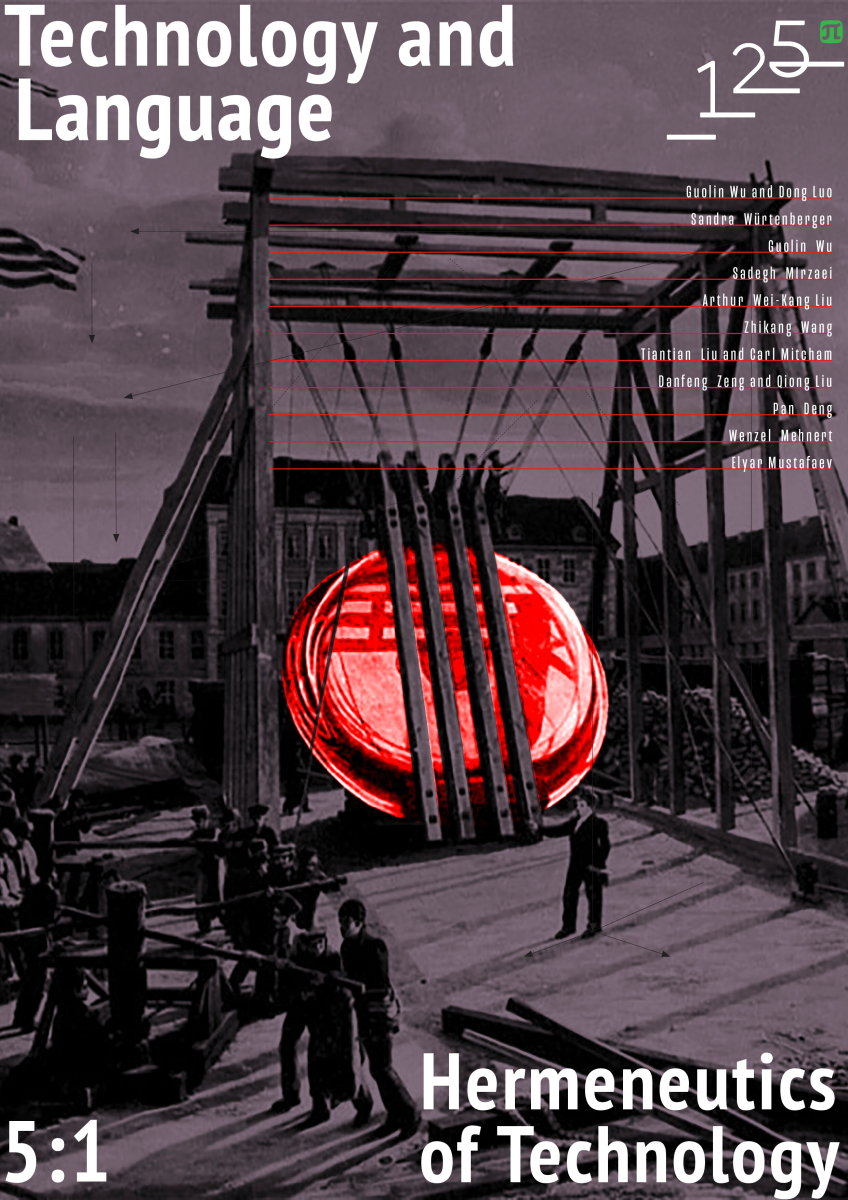Subjectivity as Problem and Focal Point for Interdisciplinarity
In modern science, two simultaneous, parallel trends are evident. Firstly, this is differentiation, divergence, and disciplinary fencing. This tendency is institutionalized in the editorial boards of scientific journals, the process of peer-review, and the selection of topics and papers for conferences. Another example of this trend is the work of dissertations committees. Secondly, there is a reverse-directed real process of integration, even convergence or synthesis of scientific knowledge. This second trend is expressed in interdisciplinary research, conceptions, and approaches. Most often, the second trend is associated with the possibilities of practical application, with technological development, with the solution of real practical problems. Tracing this trend allows us to identify larger-scale processes of focusing knowledge, deep methodological foundations for interdisciplinary synthesis, and further development of scientific knowledge. This article attempts to demonstrate the interdisciplinary role of operationalizing the problem of subjectivity. This conclusion is grounded in an analysis of such different conceptual areas as philosophy of action, practices of meaning-making and semiosis, digital communication technologies. Subjectivity appears as agency which is capable of exhibiting intentionality, literally as a universal pragma-semantic interface that allows one to change, combine, and expand contexts of comprehension. In fact, subjectivity brings together the many disciplines topics into one focus (assemblage point): philosophy (transcendental subject, free will, analytical and continental traditions), anthropology (including post- and transhumanism), psychology (psycho-physical problem, phenomenon of will), neurophysiology of the brain, cognitive science, theory and developments of artificial intelligence, economics, sociology, morality, ethics and law, theology, political theory and practice. The analysis carried out shows the prospect of a “bridge” between natural science, logic, and mathematics sciences on the one hand, and humanities on the other. Subjectivity is the main source of procreative pre-adaptation, which ensured and ensures the development of human civilization. Digital technologies and digital formats are radically transforming modern civilization. This situation gives rise to a request for the development of criteria for the expertise of sociocultural engineering, the central point of which is the problem of subjectivity.



